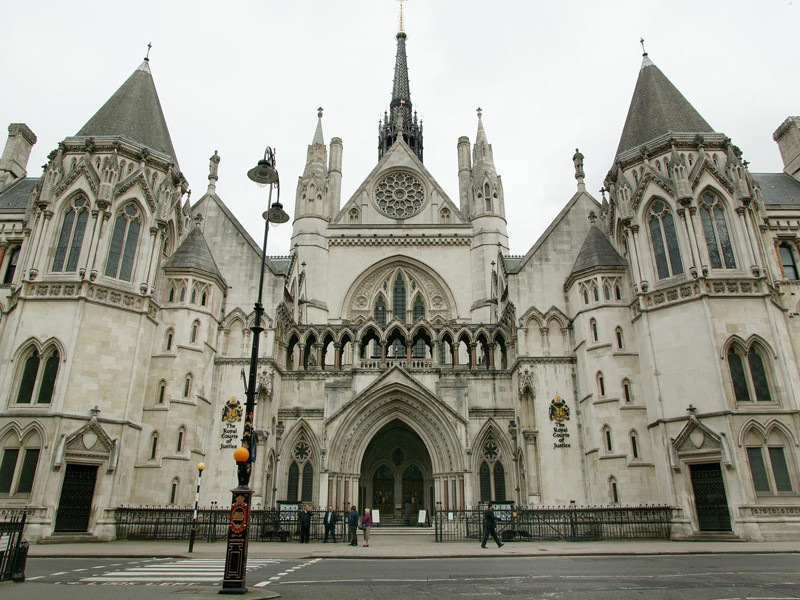Planning Court

The Planning Court is part of the Administrative Court which is, in turn, part of the King’s Bench Division. In recognition of its unique composition of cases, the Planning Court is overseen by the Planning Liaison Judge.
The Planning Court deals with all judicial reviews and statutory challenges involving planning matters in accordance with Civil Procedure Rules 54.21 to 54.24 and Practice Direction 54D including appeals and applications relating to any of the following matters:
- planning permission, other development consents, the enforcement of planning control and the enforcement of other statutory schemes;
- applications under the Transport and Works Act 1992;
- wayleaves;
- highways and other rights of way;
- compulsory purchase orders;
- village greens;
- European Union environmental legislation and domestic transpositions, including assessments for development consents, habitats, waste and pollution control;
- national, regional or other planning policy documents, statutory or otherwise; or any other matter the judge appoints under rule 54.22(2).
The Court was created because of the clear need to deal more swiftly with planning cases, large and small, in the interests of justice for everyone involved in the planning process. As a result new time limits, tighter than before and tighter than those for other cases within the Administrative Court, are now applied to planning cases. In addition, the Planning Liaison Judge has responsibility for identifying which cases might be considered to be particularly substantial or difficult and these cases are then usually allocated to a judge with significant expertise of the issues at hand. The definition of a ‘significant’ case will be applied broadly but can be thought of as those applications involving a development with a substantial economic impact at a local, regional or national level or a case which seems to be particularly complex.
The new timetables are rigorous. In essence:
- applications for permission to apply for judicial review are to be determined within three weeks of the expiry of the time limit for filing of the acknowledgment of service;
- oral renewals of applications for permission to apply for judicial review are to be heard within one month of receipt of request for renewal;
- applications for permission under section 289 of the Town and Country Planning Act 1990 are to be determined within one month of issue;
- substantive statutory applications, including applications under section 288 of the Town and Country Planning Act 1990, are to be heard within six months of issue; and
- judicial reviews are to be heard within ten weeks of the expiry of the period for the submission of detailed grounds by the defendant or any other party as provided in Rule 54.14.
The Planning Court can sit in any of the regional Administrative Courts (Birmingham, Cardiff, Manchester, Leeds and Bristol). Hearing cases at court centres outside of London is particularly important given the inherent local nature of cases involving land disputes.
